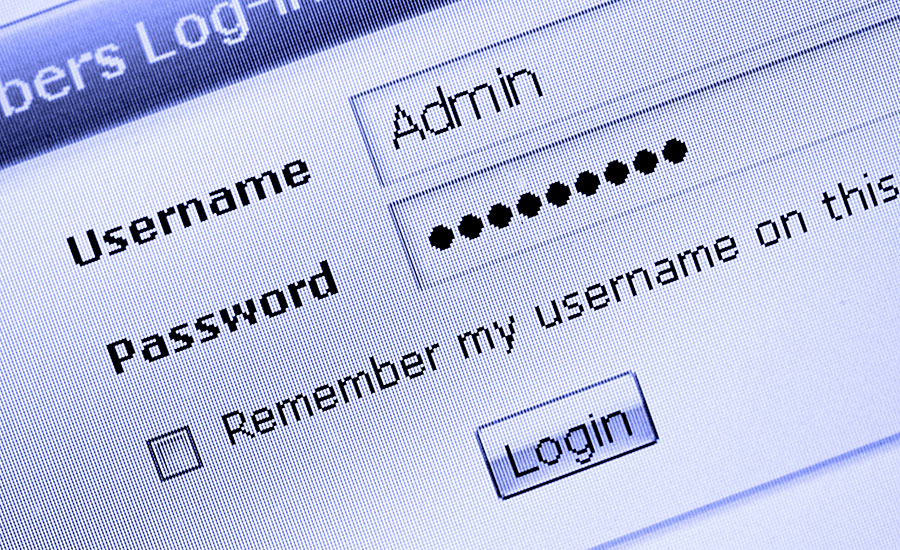Holiday ID Fraud Report Shows 2018 Fraud Reaches 5 Year High

New data from Jumio reveals that online ID fraud attempts on government-issued IDs increased 22 percent worldwide during the 2018 Black Friday to Cyber Monday period compared to the non-holiday full-year average.
Attempted ID fraud perpetrated during the online identity verification stage, involving passports, driver’s licenses or ID cards, hit a five-year high, and increased 109 percent in 2018 from 2014 levels.
In the second edition of Jumio’s Holiday ID Fraud Report, attempted fraud is defined as an attempt by an individual to create a new online account by manipulating a government-issued ID. The company compared ID fraud patterns from millions of ID verification transactions between 2014 and 2018 across various industries, focusing on the period between Black Friday and Cyber Monday, including the day before and the day after this timeframe. Jumio also compared the rate of fraud during this holiday period to the average for the rest of the year to develop its findings.
“2018 witnessed the largest increase in attempted ID fraud in five years and this highlights why organizations need to use more sophisticated digital identity verification solutions to take extra precaution during the online account opening process, especially during the holidays,” said Philipp Pointner, Chief Product Officer at Jumio. “In today’s digital economy, it is imperative that organizations verify that a person’s digital identity matches their physical identity when creating online accounts to mitigate fraud risk, account takeovers and protect their customers and ecosystems.
Additional findings include:
- Cryptocurrency saw an attempted ID fraud rate increase of 40.3 percent, online services a 28.7 percent increase and a 9.69 percent increase for financial services in 2018.
- In 2018, ID fraud rates were highest in India (4.30 percent), China (1.54 percent) and Italy (1.52 percent).
- In 2018, fraud using IDs from the UK was 8.36 percent higher than from U.S. IDs.
In 2018, online gambling had the highest rate of attempted ID fraud at 3.45 percent, a significantly higher rate than the 1.72 percent global average. Moreover, seasonal fraud in online gambling has tripled since 2014.
Looking for a reprint of this article?
From high-res PDFs to custom plaques, order your copy today!






